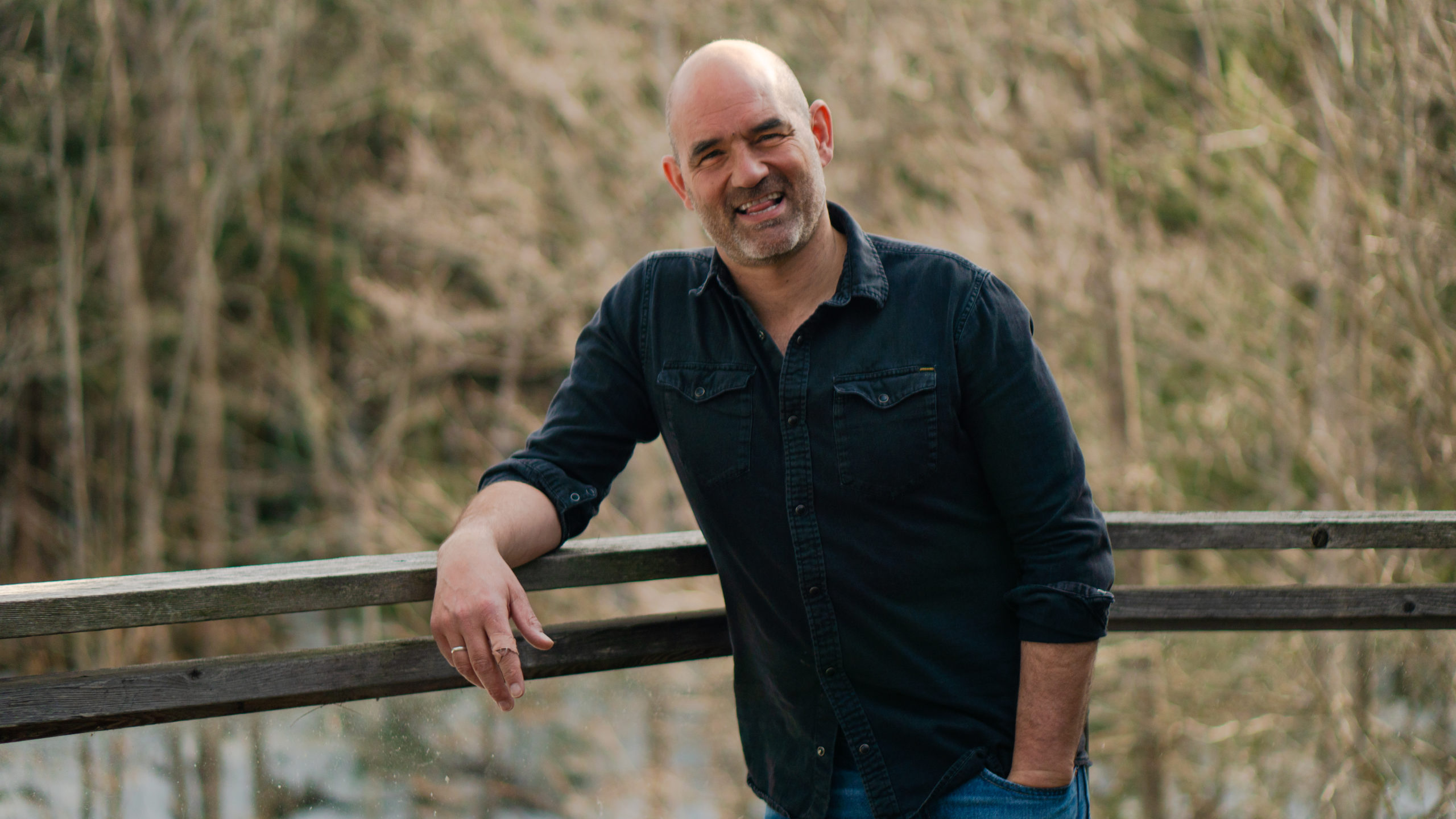For most of the more than 11,000 athletes who have descended on Tokyo for the 2020 Olympics, this event will be the highlight of their athletic careers, if not their lives. Not only have they worked for years to make the cut—they’ve endured months of uncertainty when COVID prompted an unprecedented cancellation of the Games last summer.
While these athletes are the best of the best, the reality is that in each event, probably only a handful of the competitors have a real shot at the podium. And depending on the day, they’re all capable of running the fastest, jumping the highest, or shooting the straightest.
The athletes that will take home the medals are often the ones that, after five years of waiting and training, are best-equipped mentally to handle the disappointments and setbacks that will inevitably crop up, says Dr. JP Pawliw-Fry, who works with professional athletes, including Olympians, on mental preparedness and mindfulness.
“We call the Olympics the great equalizer,” says Pawliw-Fry. “You can go in the favorite, but the Olympics is like this force pressure that is disruptive. It disrupts precisely because most people do not understand pressure. What they do not understand is that no one actually performs better under pressure. It’s a myth. Some people perform poorly with pressure and some people perform really poorly with pressure.”
Michael Jordan is a good example of this phenomenon. While many view Jordan as this God-like figure who never missed in clutch moments, Pawliw-Fry says the data suggests otherwise. Jordan’s ability to hit free throws in the final few minutes of playoff games when his team was up one point or down one point or the score was tied was actually worse than his season or playoff average.
And that is consistent with every other NBA player in the history of the game, he says. While Jordan was worse in these moments than he usually was, he was less affected by this extra pressure than others.
Pawliw-Fry is an emotional intelligence expert who also coaches Fortune 500 leaders. He works with them on peak performance, which means helping them master what he calls theirs.
“Last 8%” moments, which are the conversations, decisions, and tasks that are more challenging than what we face in a typical week or month. Because these situations are tough to navigate, we tend to either avoid them or “make a mess of them,” he says.
Leaders and athletes that learn to better manage their “Last 8%” challenges are able to take more risks, get more done, build more connected teams, and end up with better performance.
The Olympics is one giant “Last 8%” moment. The athletes have gone from the previous year’s world championships where there are maybe 50 other competitors and barely any spectators or cameras, to the Olympics where there are thousands of other competitors, millions of people watching, and endless media requests. And to add to the pressure, it only happens once every four years.
A competition like the Olympics makes athletes buy into the narrative that they need to be perfect. The problem with this mindset is that they’re often unprepared for the inevitable mistake that comes with pressure.
The difference between the greats and the almost-greats, Pawliw-Fry explains, is how they react to this additional stress. “The high performers like Michael Jordan missed shots, too. But Michael Jordan let go of that quicker and wanted the ball back sooner,” he says.
That’s what performing under pressure is really about: not perfect skill execution in these moments, which is impossible, but the ability to be comfortable when you feel pressure coming on and then let go of the mistake or underperformance sooner than your competitors. That’s the recipe for success. And it’s true for all of us.
This is a learnable skill. Whether it is that big presentation with your boss in the room or pitching to an important client, the more you understand pressure and the more practice you get, the easier it becomes. You end up walking into that arena or that starting line or that big meeting with more confidence and courage. Pressure becomes less something you fear and avoid, and more of a differentiator for you.
“So many athletes feel all of the juice, the emotion, the physical sensations of a big moment—and they react to it, they subconsciously push it away. But now it has power,” Pawliw-Fry explains. Instead you have to welcome it and frame it as your body getting ready to perform.
JP tells the story of Linford Christie, the Jamaican-born former British sprinter who was the gold medal winner in the 100 meters in the ‘92 Games. In the ‘96 Olympics, when he was defending his title, he was disqualified after two false starts. “I have never been disqualified from a race before in my life. What a place to do it,” he later told reporters.
This is a Contributor Post. Opinions expressed here are opinions of the Contributor. Influencive does not endorse or review brands mentioned; does not and cannot investigate relationships with brands, products, and people mentioned and is up to the Contributor to disclose. Contributors, amongst other accounts and articles may be professional fee-based.

